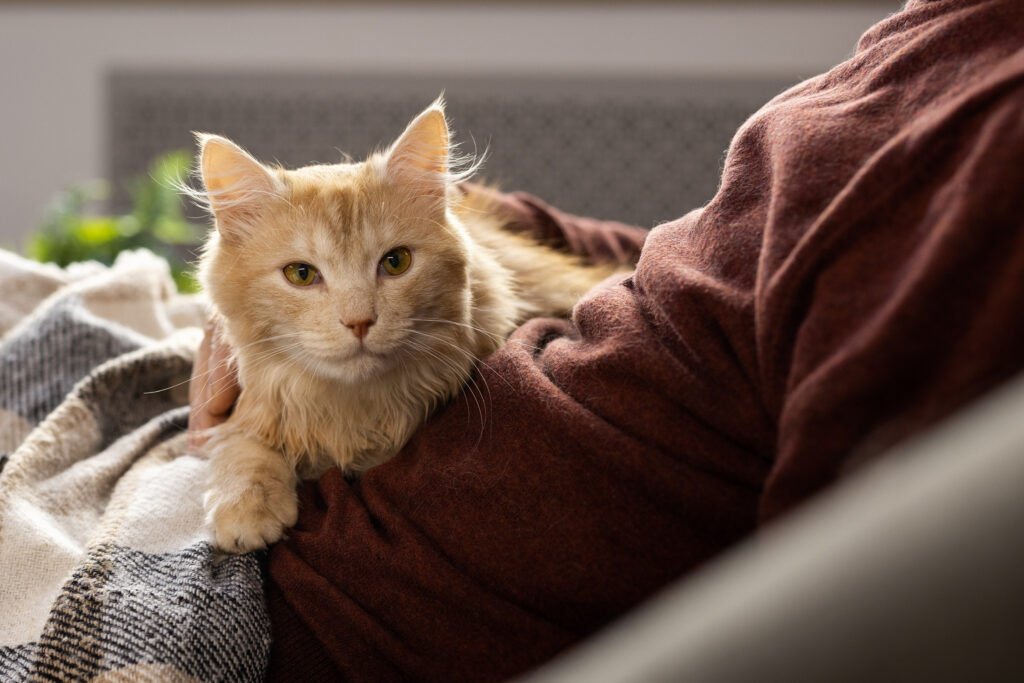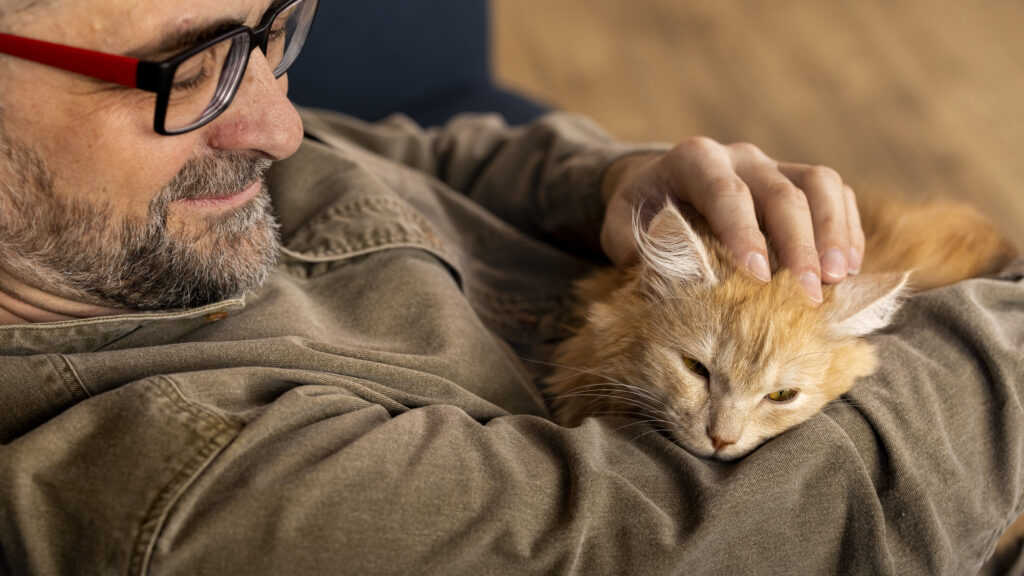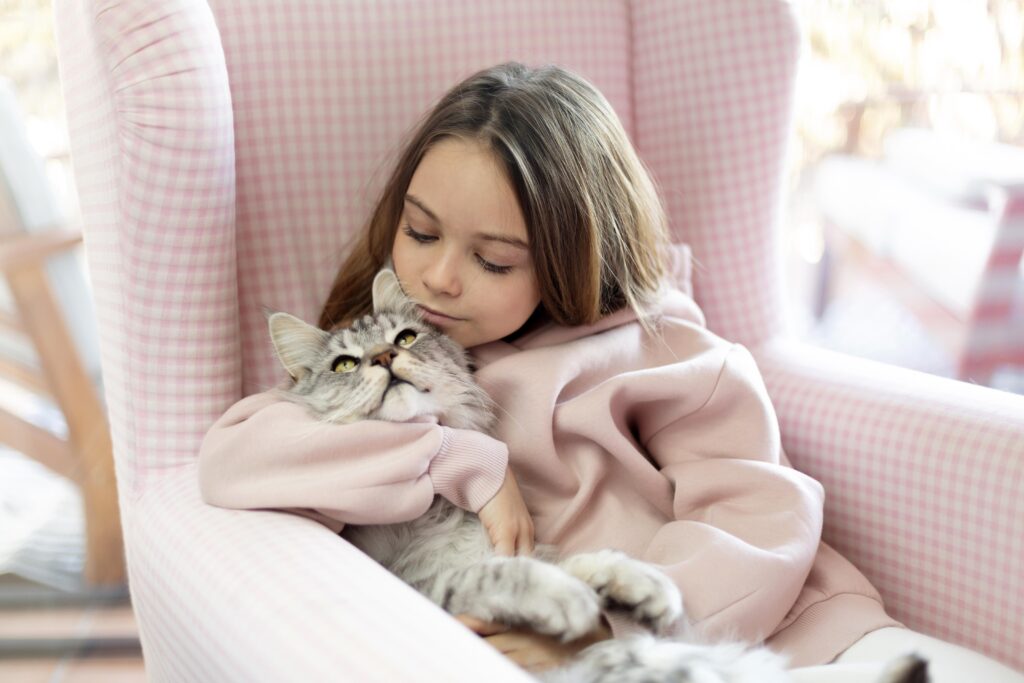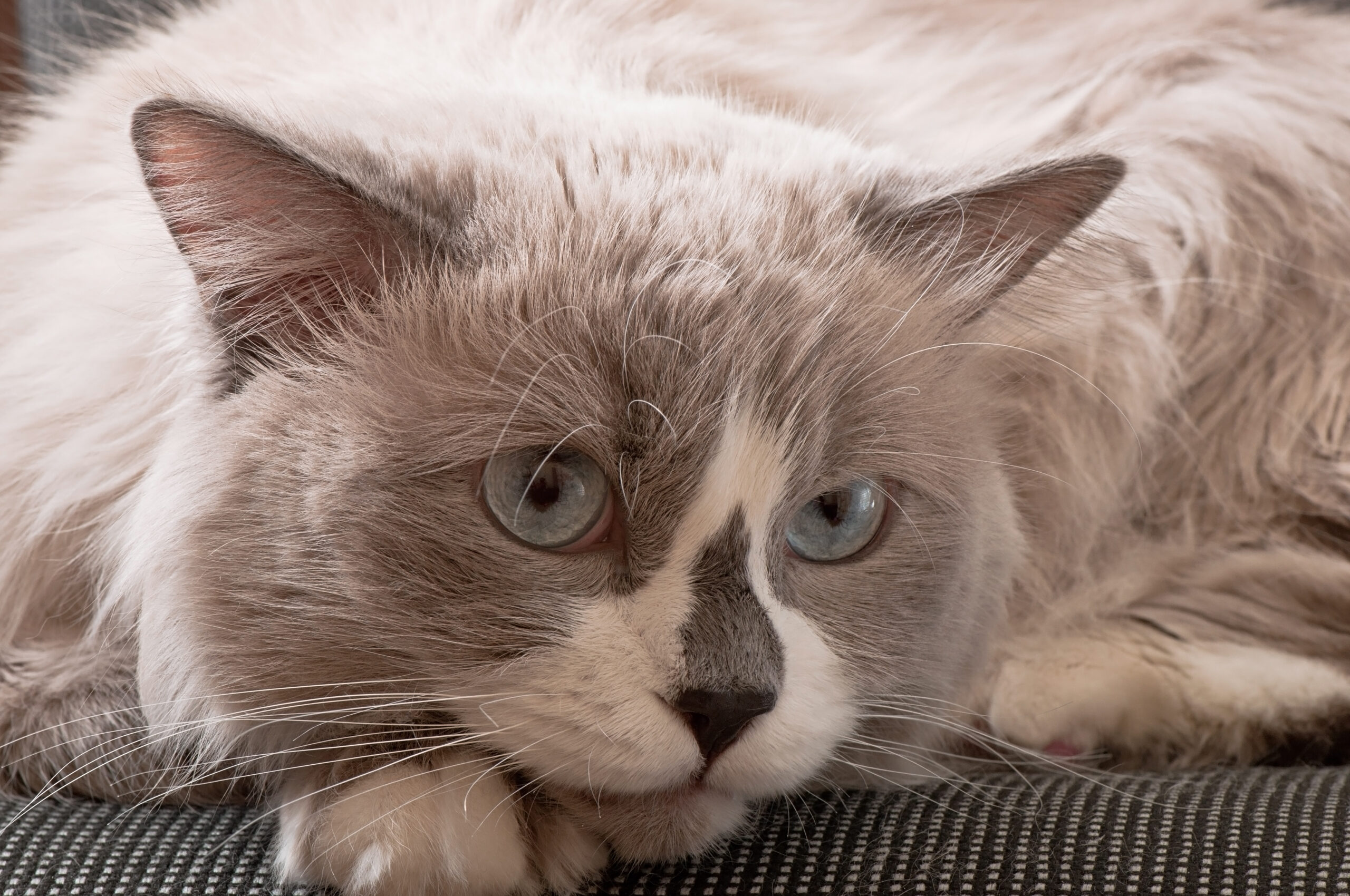Cat purring effect on humans is more than just a soothing sound; it offers remarkable health benefits. From reducing stress to aiding physical healing, the frequency of a cat’s purr has unique effects on human health. Let's explore the science behind cat purring, why cats purr, and how these vibrations positively impact our well-being.
Why Do Cats Purr?
Cats purr for a variety of reasons beyond expressing happiness. Purring is a form of communication and self-healing. When cats are content, they emit these low-frequency vibrations, creating a calming effect not just for themselves but also for the people around them. Interestingly, some studies suggest that purring helps cats cope with stress, recover from injuries, and even ease breathing.
The Science Behind the Cat Purring Effect on Humans
Research shows that the frequency of cat purring, typically between 25 and 140 Hz, has therapeutic effects. Vibrations within this range are known to promote healing, reduce inflammation, and lower stress levels in humans. When we are close to a purring cat, these frequencies can improve our physical and mental well-being. The purring effect not only calms our nerves but also promotes relaxation, making cats ideal companions for therapy.
Health Benefits of Cat Purring on Humans
Stress and Anxiety Relief
One of the most significant benefits of a cat’s purr is, indeed, its ability to reduce stress and anxiety. In fact, the rhythmic sound of purring has a calming effect on the nervous system, helping to alleviate stress and promote a sense of peace. For people facing anxiety, having a purring cat nearby can, therefore, provide immediate comfort and a welcome distraction from worries.

Physical Healing and Pain Relief
The cat purring effect on humans extends to physical health. Studies have shown that the vibrations from purring can promote bone and muscle healing. These vibrations are believed to increase tissue regeneration, making recovery faster. Additionally, purring can help people manage chronic pain by providing natural relief through the sound frequencies.

Improved Sleep Quality
A cat’s purr can help improve sleep by creating a relaxing environment that promotes rest. Many people find that sleeping near a purring cat enhances their sleep quality, helping them fall asleep faster and wake up feeling refreshed. The soothing effect of purring makes it easier to unwind, especially for those with insomnia or other sleep disturbances.
Why Cats Make Perfect Companions for Mental Health and Emotional Support
Cats are excellent companions for emotional support, especially due to the calming effects of their purr. Their quiet presence, combined with the soothing sound of purring, can be incredibly comforting for those dealing with loneliness, anxiety, or stress. For more on the benefits of owning a cat, read our post on The Surprising Benefits of Owning a Cat: How These Furry Friends Help Reduce Stress and Boost Happiness.
Additionally, cats can serve as emotional support animals, offering comfort and companionship when it’s needed most. If you’re curious about the specific role of cats as support animals, check out Can Cat Be an Emotional Support Animal?.
For readers interested in the broader context of animal-assisted therapy, also known as Zoothérapie, visit our introductory guide What is Zoothérapie? to learn more about how therapy animals positively impact mental health.

Conclusion
In conclusion, the cat purring effect on humans is a powerful tool for mental and physical health. From reducing anxiety to promoting healing, the calming sound of a cat’s purr offers numerous benefits. Explore animal-assisted therapy further by checking out this research from the American Psychological Association on Animal Therapy.

